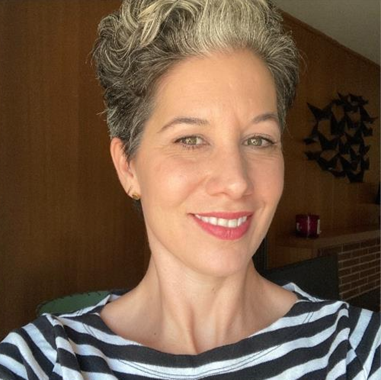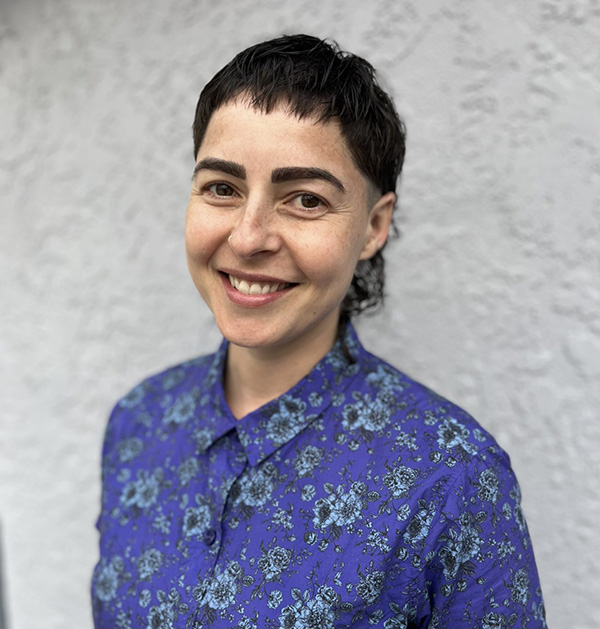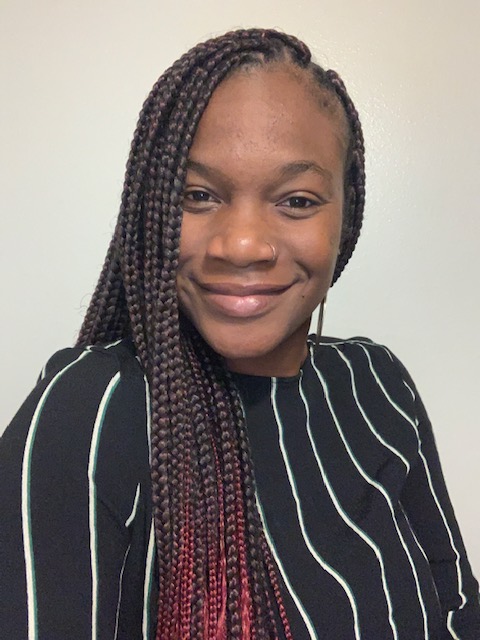Home > Suicide Prevention for Young Children: Resource Guided Workshops for Elementary School Personnel and Parents/Caregivers
Part 1 for School Personnel: April 18th, 2023
Part 2 for Serving Parents/Caregivers: April 20th, 2023
Each workshop is from 3:00 - 4:30 p.m. PT
The Pacific Southwest MHTTC team provides the mental health and school mental health workforces with evidence-informed practices and strategies to inform their work in the field. Rates of reported suicidal thoughts and behaviors in children are rising, elevating the need for up-to-date information to ensure educators are prepared to respond in the best possible way. Our goal is to raise awareness of STBs and provide elementary school personnel, including school leaders, classroom teachers, and trained school-based mental health staff, with critical knowledge and resources to help them recognize and assess the warning signs of STBs. To help them respond in such a way that harm may be reduced and children are kept safe, the Pacific Southwest team designed and published Self-Harm and Suicide Awareness and Prevention in Childhood and Early Adolescence: A Resource for Elementary School Educators and School-Based Professionals (March, 2023).
School and mental health providers are often in the position of imparting observations of STBs in young children to their guardians, and need adequate tools and resources to share. Our Center worked with specialists in the field to develop a guide, Our Young Children & Suicide Prevention: A Resource for Parents and Caregivers to serve as a resource for both school professionals and families of children. This resource is designed to help parents and caregivers prevent suicidal thoughts and behaviors (STBs), recognize the warning signs of STBs, and, when necessary, intervene early and effectively to keep their child safe. It’s intended for schools and mental health providers to distribute to caregivers.
Join us in April for two training sessions with the authors of these guides, Dr. Meagan O’Malley, Frances Marion, LCSW and Jessica Palacio, LCSW. These workshops will walk school and mental health providers through the guides and include exercises and common scenarios to support optimum use of the two resources. By exploring these two guides with professionals in a peer network, we can be ready and responsive, and help cultivate STBs prevention and greater awareness in serving our young children.
In a two-part workshop series, we offer a text-study exploration of both resources: Self-Harm and Suicide Awareness and Prevention in Childhood and Early Adolescence: A Resource for Elementary School Educators and School-Based Professionals and Our Young Children & Suicide Prevention: A Resource for Parents and Caregivers (March, 2023).
3:00 - 4:30 p.m. PT (Find your time zone here)
During this 90-minute, interactive webinar, educators will learn about the unique considerations for preventing, recognizing, and responding to suicide risk in elementary- age children. Using vignettes, participants will gain experience recognizing risk factors and warning signs of suicide in young children; practice developmentally-appropriate assessment strategies; and explore tiered, school-based approaches to prevention and intervention.
3:00 - 4:30 p.m. PT (Find your time zone here)
This workshop provides tools that providers can use to resource families and caregivers to recognize, respond, and react to STBs in young children. Providers will learn how to use this tool to support parents and caregivers of the children they see in their practices. We will discuss some of the risk factors for suicide, as well as how school and mental health providers can support parents and caregivers in recognizing warning signs that a child may be considering suicide. We will provide coaching models for ways parents can talk with children about suicide in an age-appropriate way, as well as actions to take and securing professional help if a child is in danger.
Each session includes opportunities to engage in questions, discussion, and discourse with our faculty, colleagues, peers and each other.
3 CEUs are available through full participation in this series (you must attend both sessions to access the CEs)
 Dr. Meagan O’Malley, PhD, LP
Dr. Meagan O’Malley, PhD, LP
As a trainer of school psychologists at California State University, Sacramento, I work to ensure that our graduate student school psychologists in training are equipped to use scientifically-supported approaches to screening and psychoeducational assessment, and academic and social-emotional intervention. In addition to my teaching responsibilities, I maintain an active research program investigating topics related to school mental health and psychoeducational assessment practices. My research and practice efforts aim to build schools that empower youth with historically under-represented identities, such as youth with disabilities. My research has been published in a variety of edited volumes and academic journals, such as the Handbook of Positive Psychology in the Schools, the Journal of School Psychology, School Mental Health, and Educational Administration Quarterly. I am the incoming Editor-In-Chief of the academic journal Contemporary School Psychology, and I serve as Program Chair for the School Culture, Community, and Climate Special Interest Group of the American Educational Research Association.
 Frances Marion, LCSW
Frances Marion, LCSW
Frances Marion (she/her) is a Licensed Clinical Social Worker with 15 years of experience in education, public health, and community mental health settings. Her areas of clinical experience include HIV/AIDS care, sexual orientation, gender identity & expression; somatic approaches to trauma healing; and psychotherapy with children and families. In her current role with a large urban school district, she provides training and consultation on a range of issues related to identity, bias, conflict and school climate. Her approach has been strongly shaped by the frameworks of transformative justice, nonviolent communication, and grassroots movements for racial justice.
 Jessica Palacio, LCSW
Jessica Palacio, LCSW
Jessica Palacio is a Mental Health Consultant for a large urban school district. She currently provides mental health consultation to K-12 school personnel (i.e. School Administrators, Psychiatric Social Workers, School Psychologists and other school staff who are designated to respond to crisis) regarding safety protocols such as Suicide Prevention and Awareness, Threat Assessment and Management and Crisis Response. In addition to providing mental health consultation, she works as part of a consulting team that supports school communities with crisis counseling following impactful traumatic events (i.e. student death/suicides, staff/administrator death/suicides, community violence, removal of school personnel etc.). She primarily attributes her knowledge of early childhood self-harm and suicide prevention to her previous role in which she worked as a school-based Psychiatric Social Worker as well as her experience as an Intake Specialist, Group Therapist and Case Manager at a Psychiatric Hospital. Jessica has presented at virtual workshops pertaining to social and racial justice with Mental Health America and her labor union.